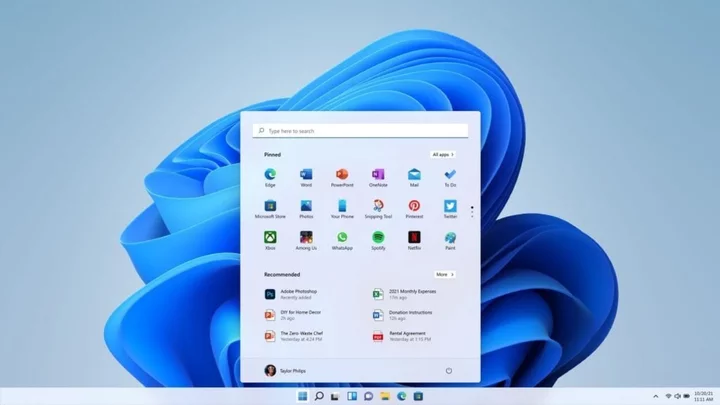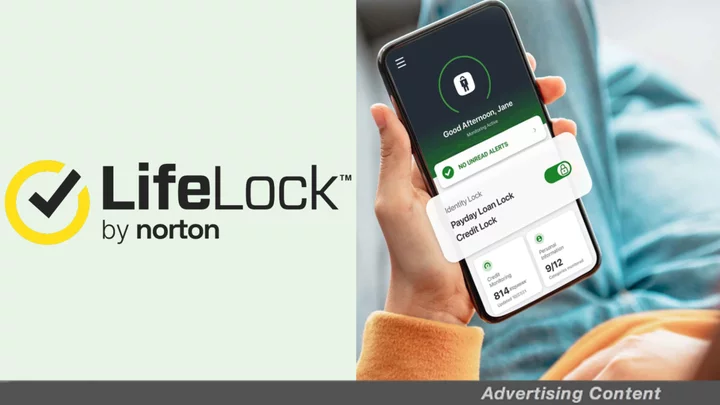With the new Windows 11 update, Microsoft is one step closer to a passwordless future.
At the Microsoft Surface event on Tuesday, which also revealed new Surface devices and updated Copilot features, Microsoft debuted passwordless login to websites and apps — and other security features for its operating system built around using passkeys.
SEE ALSO: How to preorder the two new Microsoft Surface laptops: Surface Laptop Studio 2 and Surface Laptop Go 3Unlike passwords, which are stored in servers (and can therefore be hacked or intercepted), passkeys are more secure because they exist locally on your device. But best of all, you don't have to remember passkeys to log into supported apps and websites. Instead, you can authenticate your identity with biometrics (e.g., facial recognition or fingerprint scanning). This then "unlocks" the passkey to access your accounts and website logins.
Companies like Microsoft and Apple have been moving steadily away from passwords, encouraging users to embrace biometric authentication and passkeys. Apple announced a similar passkey feature with iOS 17 for iPhone.
When Windows 11 drops on Sept. 26, users can create a passkey with Windows Hello and use it to access a website or application using facial recognition, fingerprint scanning, or a Windows PIN — without the need for a password. Thanks to Microsoft's industry partnerships and participation in the FIDO (Fast Identity Online) Alliance, this feature should work with GitHub, DocuSign, PayPal, and other sites that support passkeys.
Additionally, IT teams working with Windows 11 devices will be able to remove the option to input a password on Windows Hello for Business. This will encourage teams to opt for more secure ways of logging in like biometrics, 2FA, and passkeys.
Passkeys are a cybersecurity trend we welcome; it saves us the headache and worry of using passwords. So thanks, Microsoft, for giving us back some storage space in our brains.









